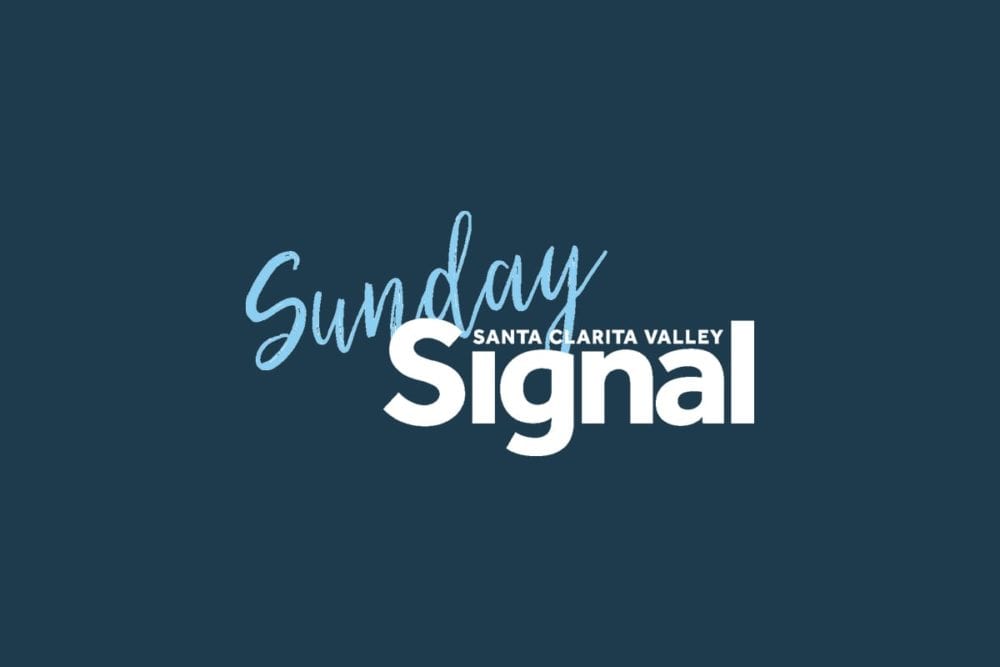By Mary Petersen
Signal Staff Writer
Like so many other people, I didn’t see my family this Christmas. My daughters each cooked their own Christmas meals. The wrapped presents remained unopened under our trees. We had lots of Facetime calls, but no physical contact.
It was the first time in more than 30 years that I hadn’t hosted Christmas. On a day that has always been a festive gathering at my house, it was eerie being alone (well, alone with my husband).
For the past year, the pandemic has forced us to be more solitary. We have maintained distance from one another and frequently confined ourselves to home. We have had to grapple with being physically and emotionally isolated.
For many people this created an additional stress. This isolation was not something we chose but was thrust upon us as the pandemic worsened. Forced isolation leads to feelings of loneliness, boredom and sadness.
Although the isolation we are experiencing during the pandemic is not voluntary, there is a state of being alone, a kind of voluntary seclusion, that is considered by psychologists to be positive and constructive.
Solitude is a state of being alone without being lonely. Solitude is associated with introspection, personal growth, and emotional rejuvenation. It is an intentional detachment from the outside world.
Being in solitude allows us to disengage from the sometimes chaotic rhythm of daily life and the social demands placed on us.
The word “loneliness” has a negative connotation and evokes the emptiness, pity and pain of being
alone. It is associated with being emotionally isolated, psychologically fatigued and apathetic.
When we experience the loneliness of being isolated, we lose our sense of well-being. We lose our emotional balance and struggle to find purpose. Time drags on interminably and we have little motivation for much of anything.
Solitude is distinctly different from loneliness. The word “solitude” has a positive connotation and suggests a voluntary and restorative experience. It evokes the peace of mind and contentment of being alone with our thoughts and feelings. It’s a time we can reflect on our lives and cultivate self-awareness. In the stillness, we gain clarity and insight.
Although we feel alone as the pandemic persists, collectively we are not alone. People around the world are experiencing this universal sense of isolation.
If there is a lesson the pandemic has taught me, it is that we have very little control over events outside of ourselves. Accepting that there is little I can change, allows me to see what I do have control of—my perspective. How I approach being alone is determined by my state of mind.
If I must be isolated, let me find the value of being alone. I can be grateful for the time to write, read, monitor my mental health and learn something new. (I learned to quilt!)
I have been working to cultivate energy, optimism and contentment in the midst of seclusion, to transform isolation into solitude.
The ability to find joy despite being solitary is an asset that will be valuable throughout life, long after the pandemic relinquishes its grip on us.
Mary Petersen is a retired COC English instructor, a 30-year SCV resident and two-time breast cancer survivor.













